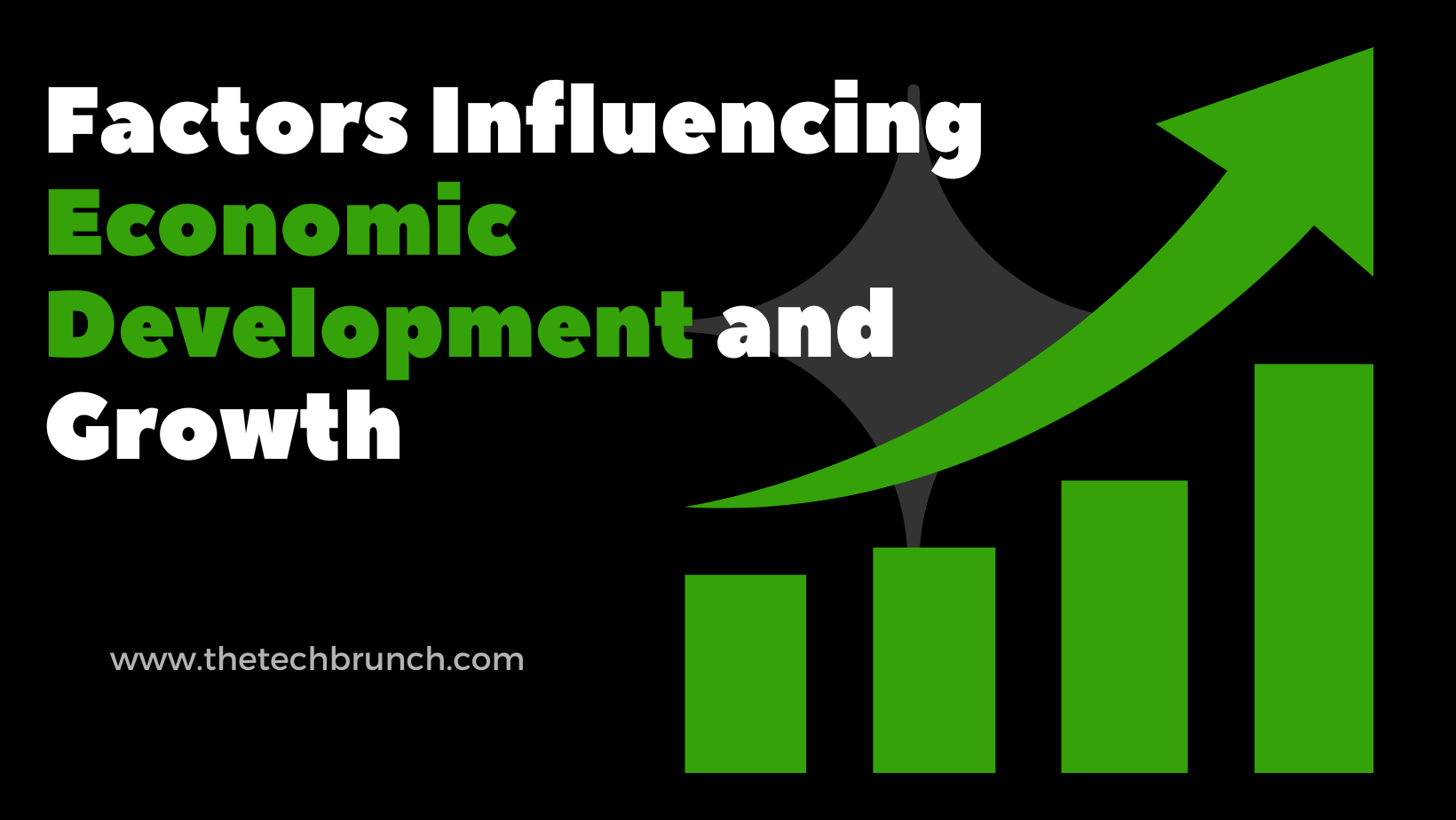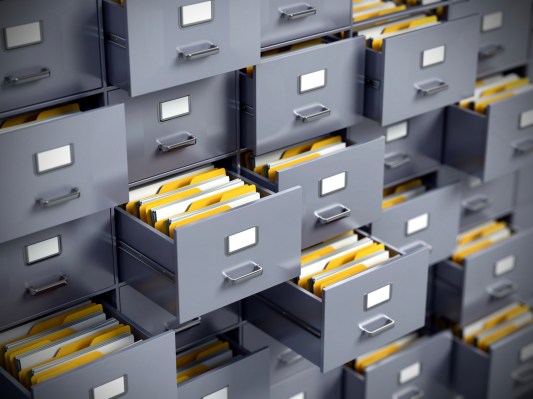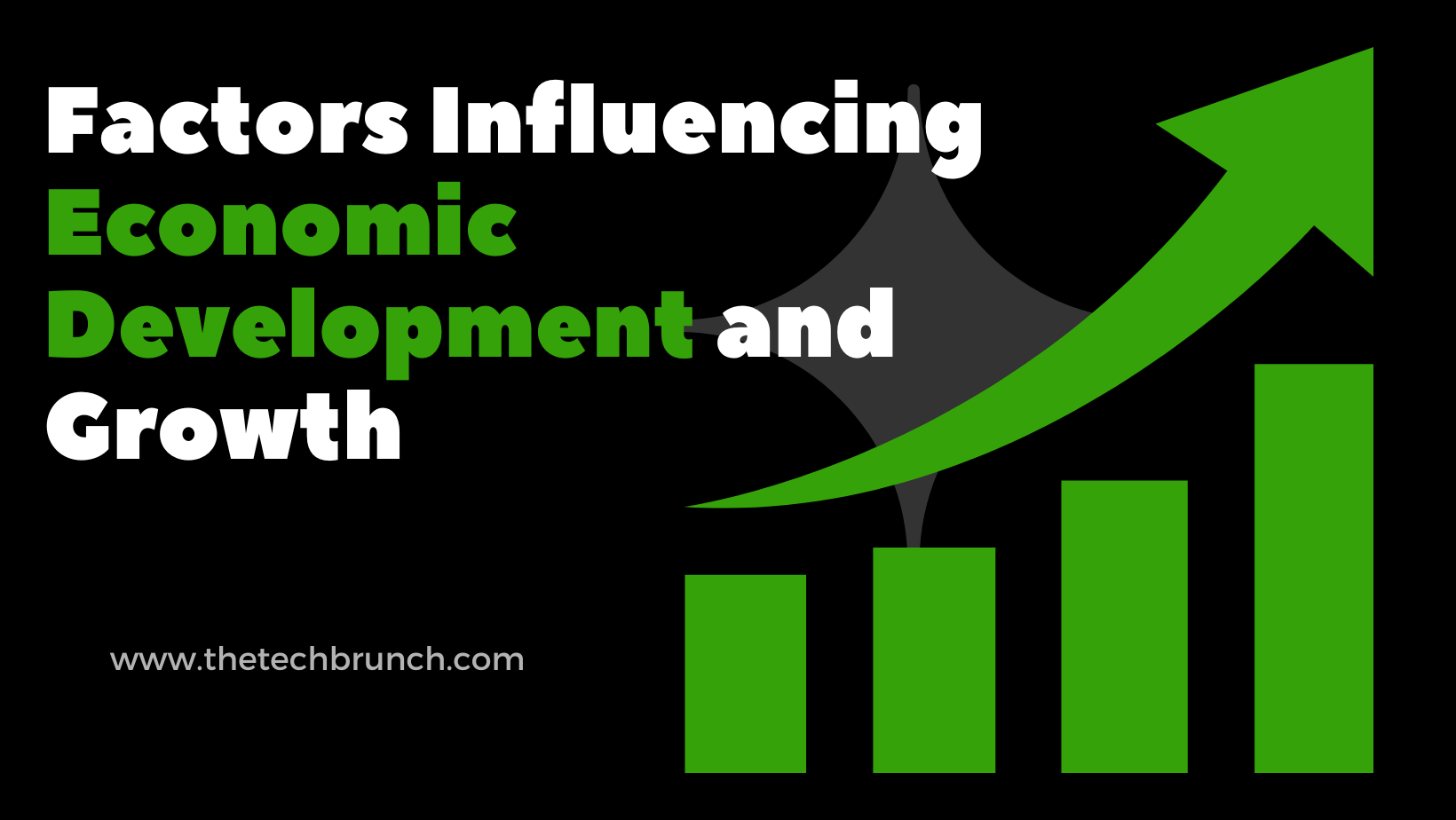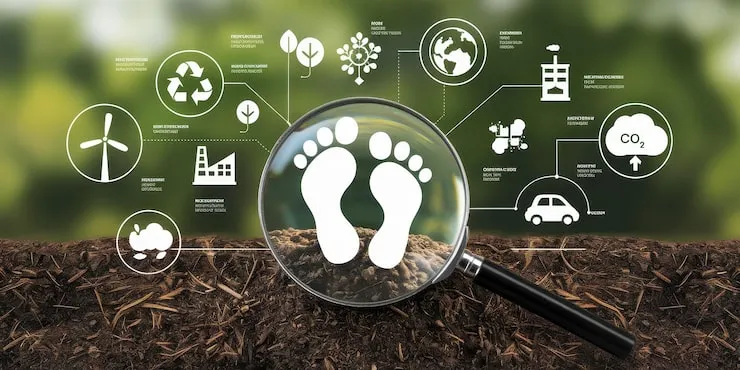Economists generally agree that four factors—human resources, physical capital, natural resources, and technology—have an impact on economic development and growth. Governments in highly developed countries give these issues top priority. Even in those with a wealth of natural resources, less developed nations will lag if they don't fund technological research and improve the education and skill of their labor force.
The Impact of Human Resources:
Image Source: Ipcentre.com
Qualifications, education, and training of the labor force have a direct impact on the growth of an economy. A labor shortage might impede economic growth. An economy will suffer from having a poorly utilized, illiterate, and unskilled labor force, which may lead to higher unemployment.
Investment in Physical Capital:
Image Source: media.geeksforgeeks.org:
Reduced costs and increased efficiency of economic output will result from improvements and increased investment in physical capital, such as factories, machinery, and roads. Physical labor is less productive than factories and machinery that are modern and well-maintained. Increased output results from higher productivity. As the ratio of capital expenditures per worker rises, labour productivity rises. The economy grows more quickly when labour productivity is improved.
Quantity and Availability of Natural Resources:
Image source: researchgate.ne
The quantity and accessibility of natural resources have an impact on economic growth. The economy will benefit from the discovery of more natural resources by increasing a nation's capacity for production, such as mineral or oil deposits. The ability of a county to use and exploit its natural resources depends on the type of technology used, the skill level of the labor force, and the availability of capital. These natural resources can be used by educated and skilled workers to boost economic expansion.
Improvements in Technology:
Image source: englishsolutionsco.blogspot.com
Technology advancements significantly influence economic growth. Managers find ways to implement these innovations as more sophisticated production techniques as the scientific community makes new discoveries. Applying better technology will increase labor productivity while keeping costs down, allowing for faster economic growth with the same amount of labor.
Countries with higher growth rates and higher living standards are those that understand the significance of the four factors that influence economic growth. Increased worker education and technological innovation will increase economic output, which will result in a better quality of life for all. Investments in better machinery that necessitate less physical labor from the workforce make increasing labor productivity much simpler.
Economic Factors of Production:
Image source: topper.com
Resources are needed to produce goods and services. In contrast to the needs and preferences of businesses and individuals, the economic resources required to produce them are constrained and thus subject to scarcity. You must utilize resources as efficiently as possible if you want to maximize production. People depend on three different resources, collectively referred to as "factors of production” land, labor, and capital, to create what they want. The fourth or fifth factor is occasionally added by economists to account for human wealth or entrepreneurial activity.
Land:
Image source: l.hdnux.com
Land can refer to the actual ground as well as to any natural resources that can be used for production, including fossil fuels like coal and oil as well as anything else that was not created by humans. Nations with access to natural resources can economically exploit them by concentrating businesses on their resource.
Labor:
Image source: l.hdnux.com
Labor is defined as every human being's productivity and work that Results in financial reward. This includes the countless varieties of skills and abilities needed to keep businesses operating. Not all labor is of equal quality; some employees are more productive due to their higher level of innate ability, education, or training. Homemakers, gardeners, and other unpaid
workers create goods but are not counted because their labor is not paid.
Entrepreneurs:
Image source: s3.amazonaws.com
Entrepreneurs coordinate additional productive resources to produce goods and services that carry some risk. Some economists categorize entrepreneurs as a particular kind of labor input, while others think they should be viewed as a separate production factor. The entrepreneur's abilities directly affect whether a business succeeds or fails.
Image source: etmoney.com
Human labor turns natural resources into wealth—items that satisfy human needs and have a market value. When labor directly satisfies a desire without creating a material good, it is referred to as a service. Economists contend that labor contributes goods and services to the economy that generate wealth.
Capital:
Image Source: grammarist.com
When money is used to produce capital, it is considered to be capital. Equipment, human-designed and built factories, schools, and office buildings, as well as infrastructure like roads and bridges, are all examples of capital in addition to money. Economists refer to the factories, offices, and equipment created by business and industry as "fixed capital.". Social capital is produced by government funding of K–12, tertiary, and infrastructure networks. Working capital is defined as inventories of completed or unfinished goods produced for immediate consumption or that will soon be transformed into consumer goods.













